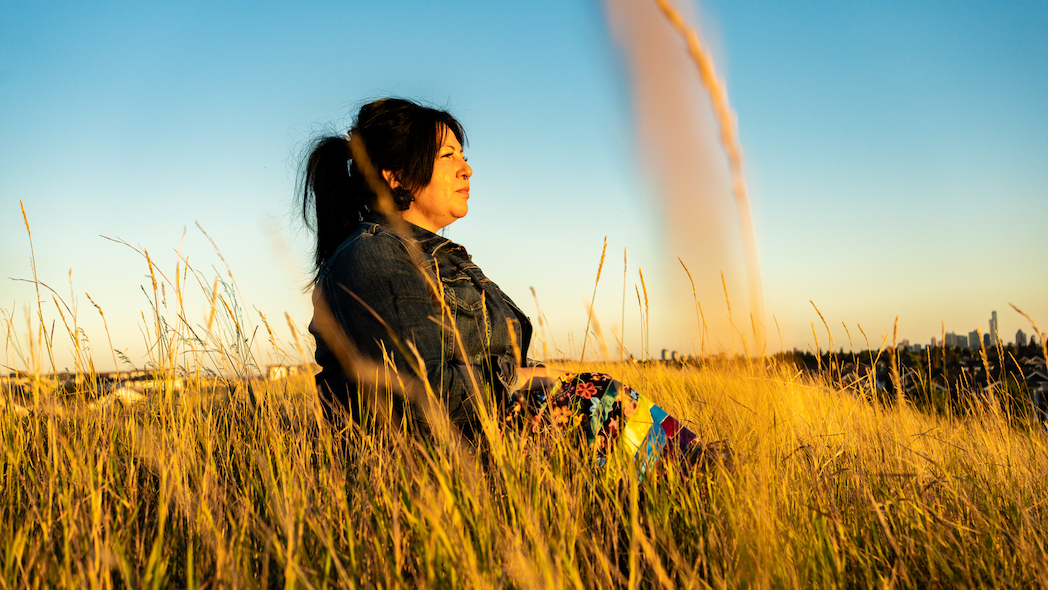For part of his childhood, Damian Abrahams was raised by his grandmother. She had gone to St. Michael’s school, in Alert Bay, British Columbia, when she was young, but she never once uttered the words “residential schools.”
“She never spoke about them, she never told me about them, and I never learned about them in school,” Abrahams says. It wasn’t until he was an adult, at the exact same moment, that he found out about the existence of residential schools, and that his grandmother went to one. “I went to the national Truth and Reconciliation Commission (TRC) event, when it was here in Edmonton,” he says. “They had a big room with residential school survivor stories in them, and I found hers, completely by accident.”
The moment answered many of Abrahams’ questions, including why his grandmother — who provided and cared for him as best she could, even when he was in foster homes — never explicitly said she loved him. “She showed her love in many other ways, but it was just tough for her to say the words.”
There are no spoken words at Abrahams’ new exhibit, Survivor Portraits, in Kingsway Mall, because they’re all written down next to the pictures Abrahams took of each participant. The full-sized images hang on 14-foot banners with story snippets beside them, and smaller portraits, with survivors’ full stories, sit on panels at patrons’ feet.
Ever since his discovery, Abrahams has been “very vocal” about residential schools, in his work and life, and says there are two main reasons he wanted to make this exhibit. “Over the years, some of the pushback that I’ve got from some non-Indigenous people is that [residential schools] are ancient history, and to get over it. So I wanted to show, specifically non-Indigenous patrons of the mall, that the survivors are not ancient history — they’re still here. And the second part is that these survivors are doing amazing things in their families and their communities and their nations, in spite of all the atrocities that they were exposed to.”
